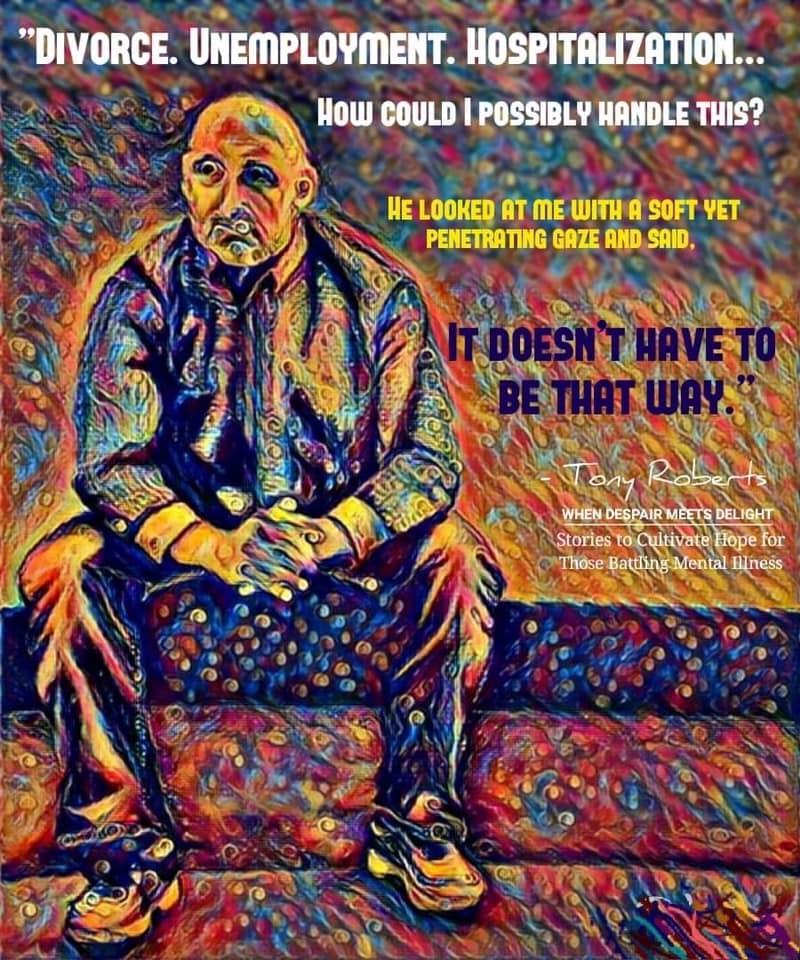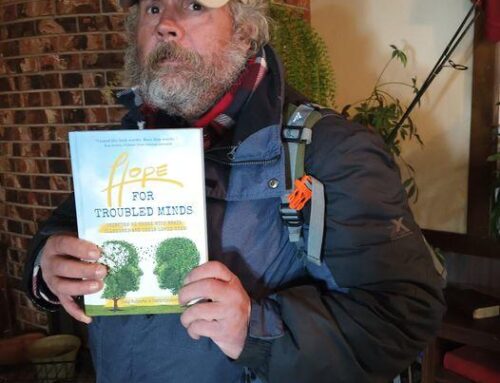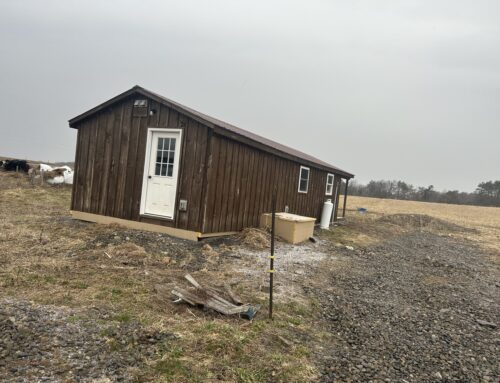Jesus asks his disciples and us this pivotal question of discipleship. It has often been interpreted as martyrdom. Will you die for me? But I learned this week that the Greek word translated life here is not bios, or physical life but psuche, which describes our inner life of thoughts and feelings.
So Jesus is asking: Will you lay down your internal orientations and agendas? Are you weilling to pattern your life around my example? Will you let your heart come into sync with mine, until you care about the same things as I do. (from The Reservoir: A Fifteen-Month Weekday Spiritual Formation Devotional by Renovare).
This insight makes all the difference in the world to me. It affirmed my decision to go on psychotropics, for instance, in an effort to experience relative balance and continue to provide and be present for my family. Had I not been a husband and a father I might have chosen to opt out of medication and ride the rollercoaster, risking swings to psychosis and an early death. My decision to go on medication, enter psychotherapy, pray and continue to seek healing where healing could be found allowed me to give my life for Christ, for my congregation, for my family, community, and friends.
But bipolar disorder is not readily appeased by a simple pill or incantation. It is sneaky and often progressive. Ultimately, it would rob me of my career, my marriage, and nearly my family — even while pursuing the best treatment available. The fortune a psych nurse gave me that I would lose my pastorate, get divorced, and spend the rest of my life in and out of psych hospitals has been true for many and, to a degree, for me. But as another, more compassionate nurse would tell. It doesn’t have to be this way. Said better, these deaths need not be final destinations, but detours.
I no longer serve in pastoral ministry, but I do have a ministry that is vital and expansive building bridges of understanding and acceptance between the faith community and the world of mental illness. I am divorced, but after a period of wandering in the wilderness of separation, I have met and married the love of my life, the woman who is my ezer, life partner. And while I have spent time in psych hospitals, they have been more for “tune-ups” rather than “overhauls.”
I love my life. I don’t want to die. And, given the insight I’ve now gained from this passage, I don’t believe the Lord wants me to die, either. The way God wants me to lay down my life is by loving and serving the Lord, my wife, my children, my fellows who share a mental health diagnosis, and others. I do this prayerfully and carefully, with the limitations I have within my disability. Sometimes this means I hibernate for hours, days, weeks even, doing little and feeling miserable. I still take my meds on time, keep my appointments, and go through the motions as best I can. Other times it may mean staying up most if not all night conversing with people the Lord has put in my path, encouraging and praying for them, sharing our burdens in Christ.
I have always been taught that my life was not my own, that my life belongs to God. My marraige to Susan has driven this home in more ways than I had thought possible. She often expresses well how much I mean to her and how much she wants me to care for myself. I believe her because she consistently and persistently demonstrates her love in so many ways. My life means more than the money I make, the words I write, even the prayers I say. My life is a living represenation of Christ to whom I lay in down daily, for as long as I shall live.
Discover more from Delight in Disorder
Subscribe to get the latest posts sent to your email.







